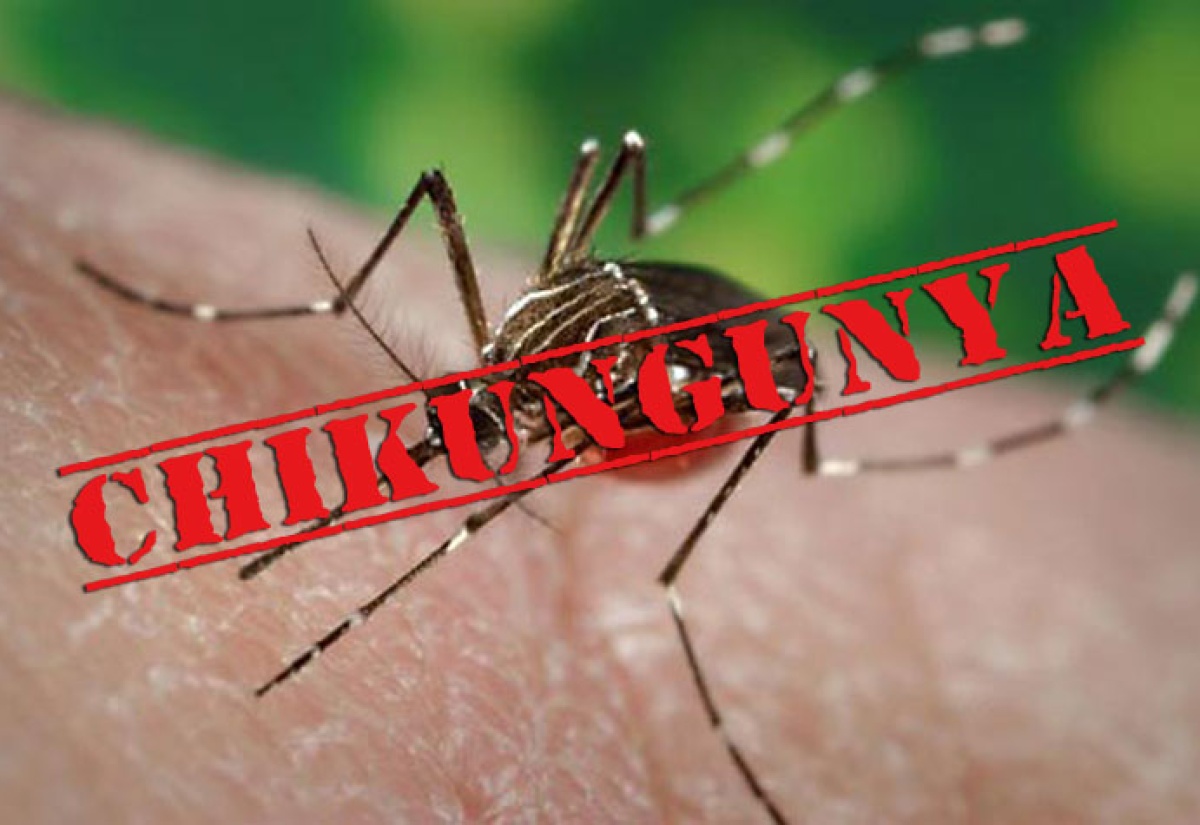Ten Locally Transmitted Cases of Chikungunya Confirmed
By: , August 18, 2014The Key Point:
The Facts
- This brings the total number of confirmed cases for Jamaica to ten – eight from local transmission and two imported.
- It is recommended that householders, school administrators, business proprietors and members of places of worship spend at least ten minutes per week to search for and destroy mosquito breeding sites.
The Full Story
The Ministry of Health has confirmed two additional locally transmitted cases of Chikungunya.
Director, Emergency, Disaster Management and Special Services, Dr. Marion Bullock DuCasse said the positive results were received on August 15 from samples sent to the Caribbean Public Health Agency (CARPHA). This brings the total number of confirmed cases for Jamaica to ten – eight from local transmission and two imported.
“These two cases include a previously suspected one on the campus of the University of the West Indies. The affected parishes remain St. Thomas, St. Catherine, St. Ann and Kingston and St. Andrew. We want to stress that personal responsibility is important to reduce the spread of Chikungunya and urge persons to place major emphasis on finding and destroying mosquito breeding sites,” Dr. DuCasse said.
It is recommended that householders, school administrators, business proprietors and members of places of worship spend at least ten minutes per week to search for and destroy mosquito breeding sites. Chikungunya is spread by the bite of an infected Aedes aegypti mosquito which is generally found in and around places where people inhabit.
“This is why we ask householders, schools, businesses and places of worship to help by identifying and destroying breeding sites in their surroundings. Spending ten minutes per week to do this will make a lot of difference. One of the key ways to reduce the spread of Chikungunya is to reduce the opportunity for mosquito breeding,” Dr. DuCasse points out.
Persons are urged to search for and destroy mosquito breeding sites by getting rid of old tyres and containers in which water can settle, punching holes in tins before disposing, and covering large drums, barrels and tanks holding water.
Dr. DuCasse added that individuals should ensure that they protect themselves from mosquito bites by using insect repellent containing DEET, covering their body as much as possible by wearing long sleeved clothing for example and putting mesh on doors and windows.
For more information persons may contact the Ministry’s Emergency Operations Centre at 1-888-663-5683 or 1-888-ONE-LOVE.
The Pan American Health Organization has reported that as of August 1, 2014, thirty one (31) countries and territories in the Americas have reported that they have local transmission of Chikungunya and twenty three (23) with imported cases. There have been a total of 508,122 suspected cases reported and 4,736 confirmed as being locally transmitted. In addition there have been a reported total of five hundred and thirty five (535) confirmed imported cases and thirty two (32) deaths.


